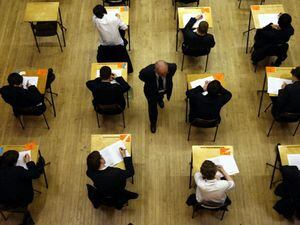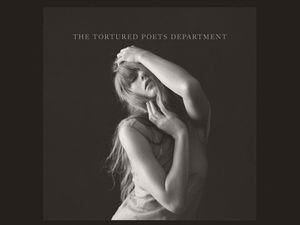Universities urged to look beyond ‘dodgy’ A-level grades
Barnaby Lenon, chairman of the Independent Schools Council, has said results this summer are ‘not real’.

Universities need to look beyond “dodgy” A-level grades when they decide which students to admit next month, an independent schools chief has said.
Barnaby Lenon, chairman of the Independent Schools Council (ISC), has warned institutions against simply accepting a student with “good” grades on paper after exams were cancelled this summer.
Speaking to the Festival of Higher Education, Mr Lenon added that universities may be “quick to reject” a student whose grades are low but he claims the results could also be “wrong”.
Mr Lenon, a former headmaster of Harrow School, argued that universities, schools, pupils and parents should remember that the assigned grades given out this summer are “not real”.
“Universities will be wrongly pleased to admit a student whose grades are good, but much better than that student deserves, higher than he would have got had he actually put pen to paper. So don’t be surprised if he turns out to be a dunderhead.”
“Try to look behind the paper manifestation. Look if you can behind these dodgy grades,” he said.
His comments come after the summer exams were cancelled due to the Covid-19 pandemic.
GCSE and A-level students in England will be awarded calculated grades in August based on teacher assessment.
Mr Lenon argued that greater clarity on how the assigned grades will be determined is needed from the exams regulator Ofqual before any “great significance” is attached to them.
Speaking on Wednesday, Mr Lenon suggested that universities should run catch-up courses for new entrants, and set them work and tests in their first week, to address gaps in learning from lockdown.
He also called for the Ucas form to be altered so applicants who have what he described as “fake” GCSE results, are marked as assigned grades, while those who sat exams have results marked as “real grades”.
She said: “The use of contextual information I think will be greater this year than perhaps previous years because of the extraordinary situation we find ourselves in.”
Her comments came after universities minister Michelle Donelan said last week that disadvantaged students are not helped “by levelling down” when she was asked whether institutions should make greater use of contextual admissions to widen access amid the coronavirus pandemic.
Speaking on Wednesday, the Ucas chief said: “I am a great fan of contextual information, but not instead of, but complementary to your qualifications.”
An Ofqual spokesperson said: “The exceptional arrangements in place this summer are the fairest way of giving as many students as possible the opportunity to progress, despite the cancellation of exams.
“To bring consistency to judgments across different schools and colleges, exam boards will standardise grades using a model developed with Ofqual.”





